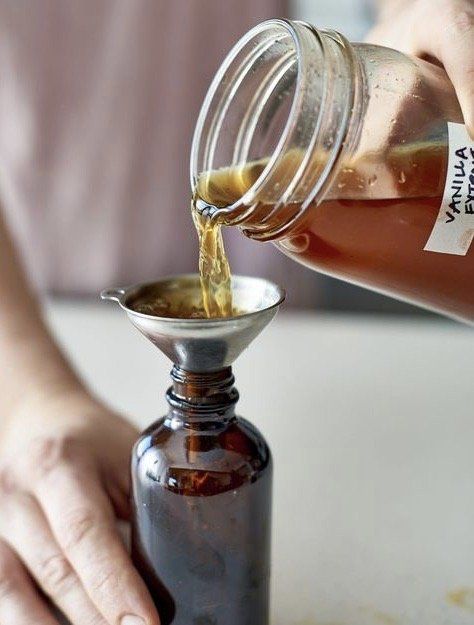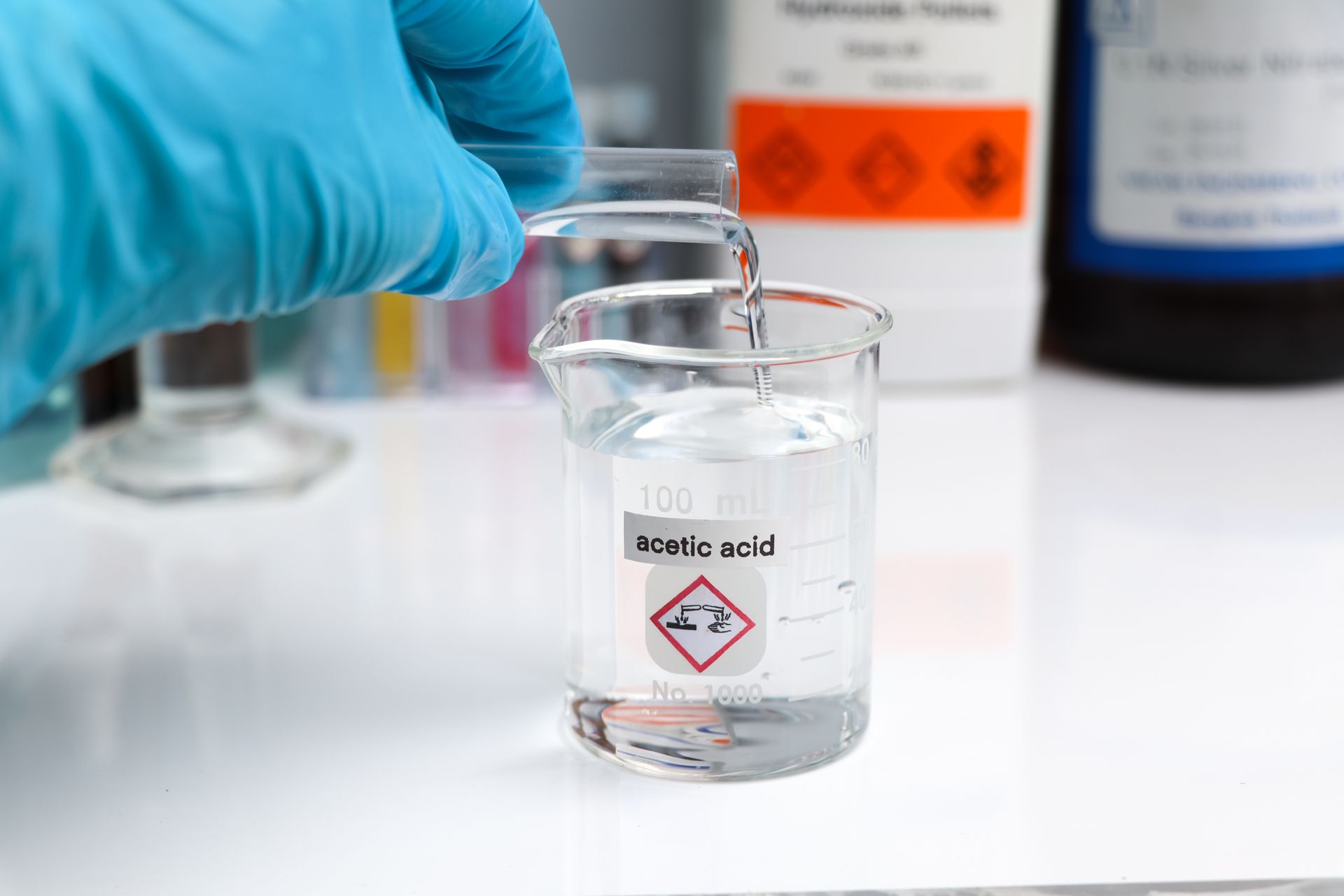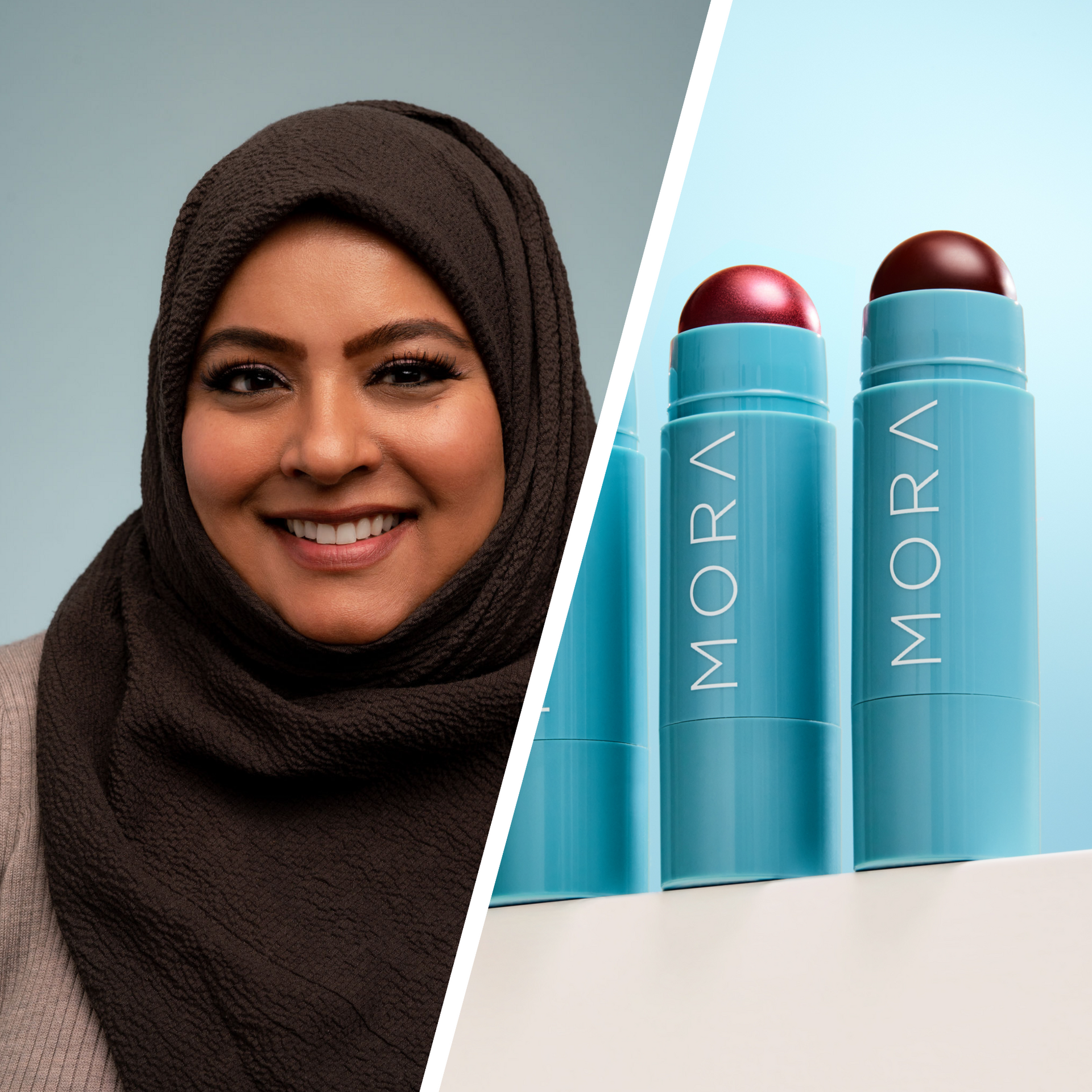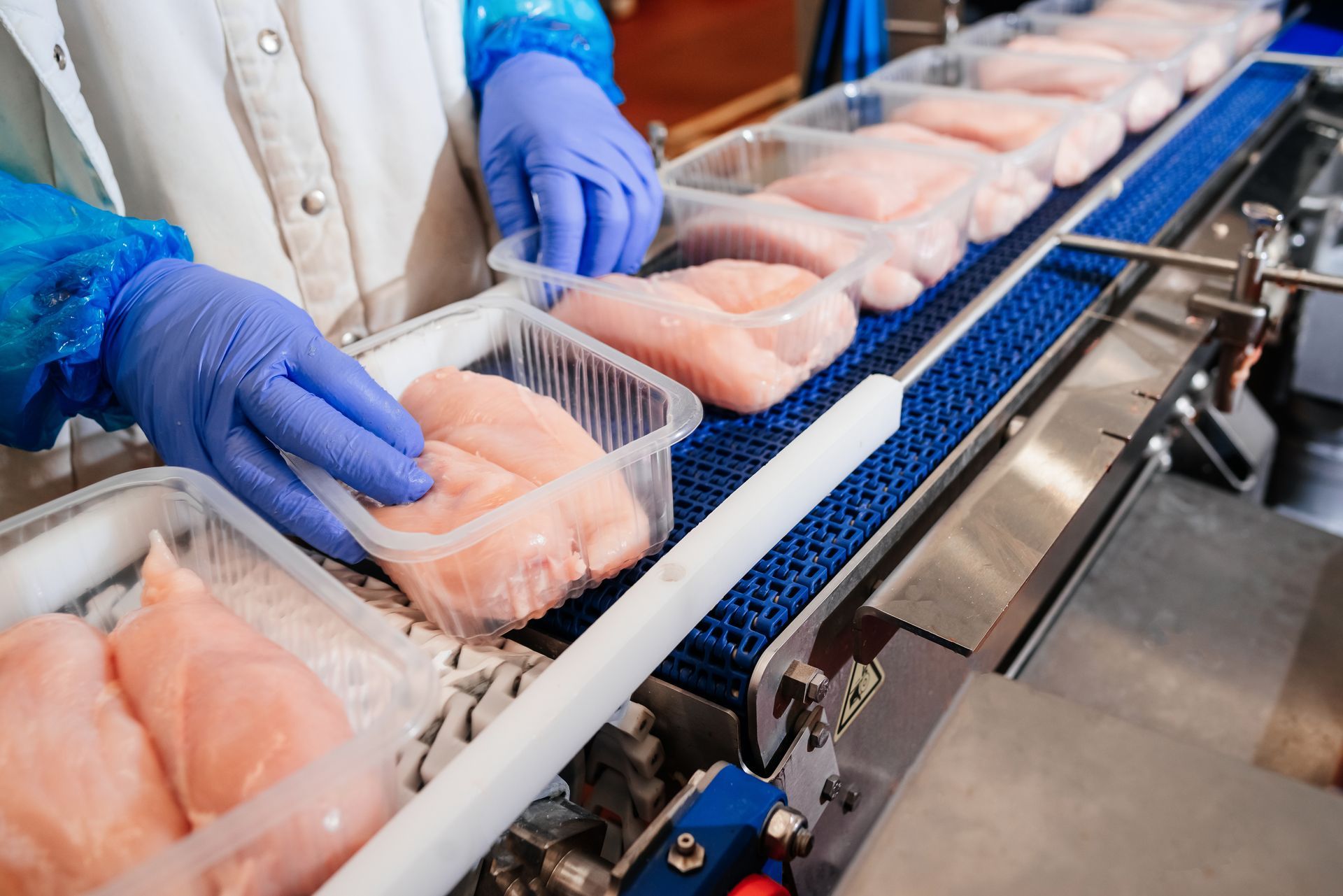1-877-HALAL-WW (+1-877-425-2599)
Blog Post
10 Ingredients You Didn't Know Were Halal
Kusimo Temitayo • Jun 11, 2020

Today's food production process is so complicated that it can be hard knowing what goes into the food we eat. While food labeling does help, more often than not, the ingredients that are listed remains a mystery for most consumers. However, for Muslims, dietary laws are very clear. Muslims are forbidden to consume foods containing alcohol, pork, blood, etc. Evidence for this is in Surah Baqarah which says O mankind, eat from whatever is on earth that is lawful and good, and do not follow the footsteps of Satan. Indeed, he is to you a clear enemy
(2:168).
So, next time when you’re out shopping and you turn over the package of your food to find ingredients like ‘sugar alcohol’ or ‘chocolate liquor’ listed, what do you do? Return it straight to the shelf? No, not so fast! Check out our list of 10 ingredients you didn't know were halal to help you make the right shopping decisions.
1. Fish, Plant, or Synthetically Produced Gelatin
Gelatin is used as a stabilizing and smoothing agent in many food products such as confectionery, jams, chocolates, and desserts. It also has non-food related applications that include medical products, textile, adhesive, and veterinary applications. Gelatin can either be haram or halal depending on its source, which could be derived from plants, fish, animals, or be synthetically produced.
One way in which Muslims can consume halal gelatin is for it to be from plants, fish, or be synthetically produced. However, there are some cases where gelatin sourced from animals is considered to be halal. For example, if the gelatin is from beef or any other halal animal that has been slaughtered in a halal way then it is permissible to consume. Furthermore, some producers have now reformed their production methods to use halal-friendly gelatin to widen the appeal of their product. Be on the lookout for the aforementioned when you consume gelatin.
2. Chocolate Liquor
Now, chocolate liquor is one ingredient that has a lot of misconceptions surrounding what it is and whether it has any alcohol content. Chocolate liquor is a name given to finely ground cocoa beans and is the key ingredient in chocolate that is used as a base for cookies, brownies, and cakes. Now, to the important question: does it contain alcohol? The short answer is no. However, chocolate liquor is quite distinct from chocolate liqueur which is a flavored alcoholic beverage.
3. Whey
Whey is the liquid part of milk that’s obtained during the process of cheese-making. Whey itself is halal since it is a by-product of the cheese fabrication process. The reason for the problematic nature of whey is the enzyme (rennet) used in curdling the milk. Whey can only be halal when the rennet used is from a halal source such as cows that were slaughtered according to Islamic Law, synthetic process, or microbial sources.
4. Vanillin
Vanillin is a flavorant made from synthetic or artificial vanilla which is used as an alternative to vanilla extract. It can be used in a variety of industries that includes cosmetics, food production, pharmaceutical, beverage, health, and personal care products. On the other hand, vanilla extract on the other hand is made by macerating and percolating vanilla beans in an alcoholic solution. Vanillin is mostly used for food flavoring. So, the next time you find vanillin listed on the label of desserts or other sweet food, you can go ahead and buy it without the fear of it containing alcohol.
5. Benzoic Acid
Benzoic acid is a preservative that helps inhibit the growth of yeast, bacteria, and mold in foods and beverages. It is used as an additive for preserving foods like salad dressing, pickles, soft drinks, fruit juice, and barbecue sauces. In addition to its use as a food additive, manufacturers also use it in producing fragrances, artificial flavors, and as a ph. adjuster. Since benzoic acid is manufactured through chemical synthesis which consists of chemical, mineral, and synthetic-based ingredients, it is generally recognized to be halal.
6. Vegetable Glycerine
Glycerine which is also known as ‘glycerol’ is an amazing diverse ingredient that’s used in food products, pharmaceuticals, and cosmetics. As a food additive, glycerine is multipurpose. It is used for retaining moisture, extending product shelf life, as well as giving products (such as granola bars, cookies, candy, and ice cream) a creamy texture. You can find it in canned, frozen, and processed dried fruits and vegetables for preventing them from drying out.
Glycerine is of two major sources: animals and plants. They come in the form of fats and oil (vegetable) sources. Animal glycerine is considered to be mashbooh
(its status as halal or haram is doubtful). While the source of material doesn’t affect the chemistry of the final product, the distinction between the two sources is important for Muslims. It is doubtful whether animal-derived glycerine is halal or not. However, synthetic glycerine and vegetables sourced glycerine is considered to be halal.
7. Vegetable Emulsifiers
Emulsifiers are used as a food additive to aid immiscible liquids such as water and oil to form stable emulsions. They are used in baked goods, salad dressing, and convenience snacks in order to prolong their storage period and improve their overall taste and appearance. The most popular emulsifiers are MAG and DAG which are considered halal when derived from plant-based sources.
8. Enzymes
Enzymes are naturally present in living organisms like animals, bacteria, and plants. They perform the important function of speeding up and catalyzing specific reactions in these organisms while producing a few by-products.
The food industry has taken advantage of properties such as enzymes in order to cut down on food production costs, waste production, manufacturing time as well as to improve color, texture, and taste. Enzymes allow food and beverage manufacturers to do more, faster, and with less. It can help boost brewing and baking, as well as optimize confectionery, dairy, and fats and oil. With the advent of bioengineering, microbial enzymes that function as well as animal enzymes, are being produced. Moreover, bioengineered enzymes are more compatible with halal food production since they are easier to control for purity.
9. Sugar Alcohol
When you read the label of sugar-free candy, you’d probably see ingredients like sorbitol or maltitol being listed, which are types of sugar alcohol. Sugar alcohols are modified carbohydrates. They occur naturally in plants and are mostly manufactured from sugar and starch. Furthermore, they are used as a sugar substitute in many sugar-free or low sugar foods making it a reduced-calorie sweetener. They’re found in chewing gums, protein bars, and pudding in order to make them taste sweet without adding sugar. They do not contain alcohol (ethanol), but they fall into that class because like all compounds of its class, they contain a hydroxyl group. They are halal and have been approved for use in numerous Muslim countries.
10. Wine Vinegar
Vinegars (i.e. apple cider, malt) are made from a pure substance, such as juice, which converts into an alcoholic base. The alcoholic base, within itself, is haram to consume but once it transforms into vinegar, it becomes halal. Why is this? Well, to answer the question: the making of the wine vinegar involves a double fermentation process where the vinegar stock first undergoes fermentation into a wine-like alcoholic liquid, and then it turns into vinegar. According to Islamic Law, this process through which the wine changes to vinegar is referred to as Inqilab
(change) which makes it halal to consume. However, if the vinegar is converted directly from a wine distillery, or other alcoholic beverage companies, then it would not be permissible to consume. This is based upon the following hadith:
Anas bin Malik: “I asked the Messenger of Allah (ﷺ) 'Can wine be used for vinegar?' He said: 'No'“ Sahih - Jami` at-Tirmidhi 1294
So, there you have it! 10 ingredients you didn't know were halal. Were there any ingredients listed that surprised you as being halal? Let us know in the comments section!
References
1. SoundVision; List of halal and haram food ingredients; May 30, 2020
2. EatHalal; Chocolate Liquor; Jan 4, 2009
3. HalalResearchCouncil; Frequently Asked Questions
4. OdenseIslamicSociety; Vanilla - Haram or Halal; Oct 29, 2015
5. Mian N. Ruaz, Munir M. Chaudry; Handbook of Halal Food Production; Sep, 2018
6. IjtihadNetwork; Permissibility of Wine Vinegar and Balsamic Vinegar; July 12, 2016
Kusimo Temitayo • Jun 11, 2020
Share
Tweet
Share
Mail










